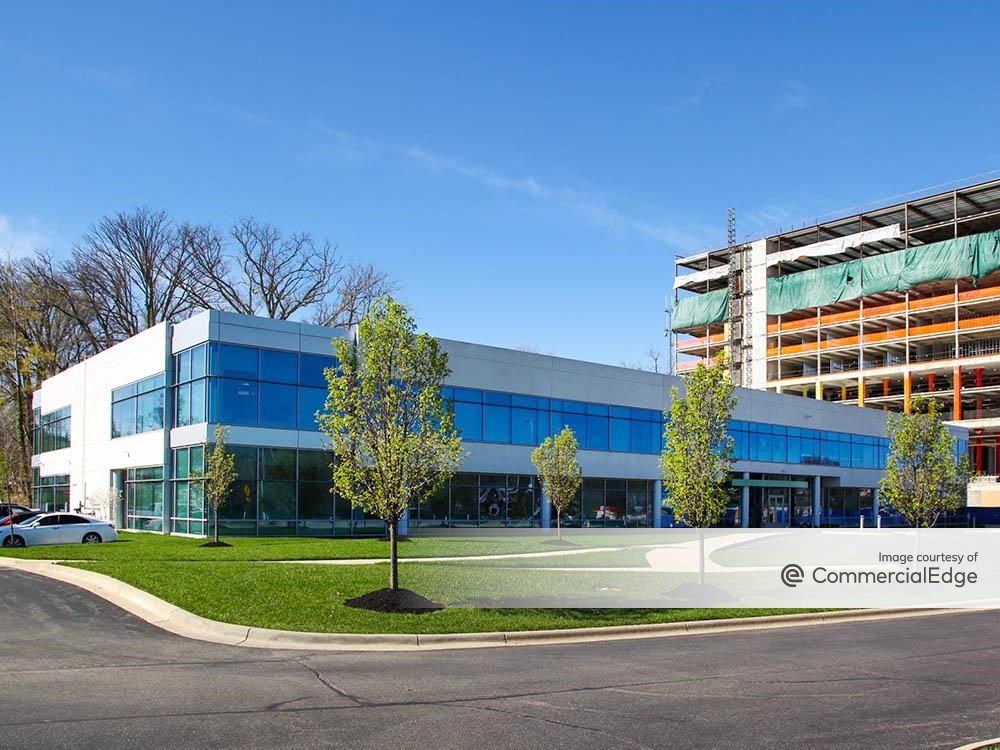Denver Housing Authority Ramps Up Redevelopment Plans
By Alex Girda, Associate Editor This past week, Denver real estate has made headlines through a series of diverse moves that encompass both major sales and development news. One of these top headlines was regarding the sale of the JW Marriott [...]
By Alex Girda, Associate Editor
This past week, Denver real estate has made headlines through a series of diverse moves that encompass both major sales and development news. One of these top headlines was regarding the sale of the JW Marriott Hotel in Cherry Creek.
The deal, which came in at a total of $72.6 million means that the 196-room hotel is now under the ownership of DiamondRock Hospitality Co. The hotel was built back in 2004 and remained under the ownership of developer Charlie Biederman until 2006 when it was sold to Denver-based Sage Hospitality Resources.
Also making news this week was the Denver Housing Authority which has received a $22 million grant that will aid in the organization’s plan to redevelop South Lincoln Homes. In a statement to The Denver Post, HUD regional administrator Rick Garcia noted that the grant is indeed a positive indicator for the Denver Housing Authority. Financing for the massive redevelopment project will be capped at around $91.7 million and developers are planning on raising that amount through different channels. One of these will be the city’s Home Fund, while other additional funds will be directed from the Colorado Home Fund, the sale of $40 million in low-income-housing tax credits and several debts.
The plan calls for redevelopment of the 17.5 acre-site into 457 residences after the preliminary phase which will involve demolishing the existing 182 units. Out of the total number of residences, 200 will be directed to public housing and 104 will be workforce units while 147 units will be sold as market-rate. The remaining six units will be offered as affordable housing.
The Denver Post recently reported on this project’s criteria for affordable and workforce housing. Public and affordable housing will be available to households making less than 80 percent of the area median income, while workforce rates will be made available to those in the 50-60 percent area median income margin.






